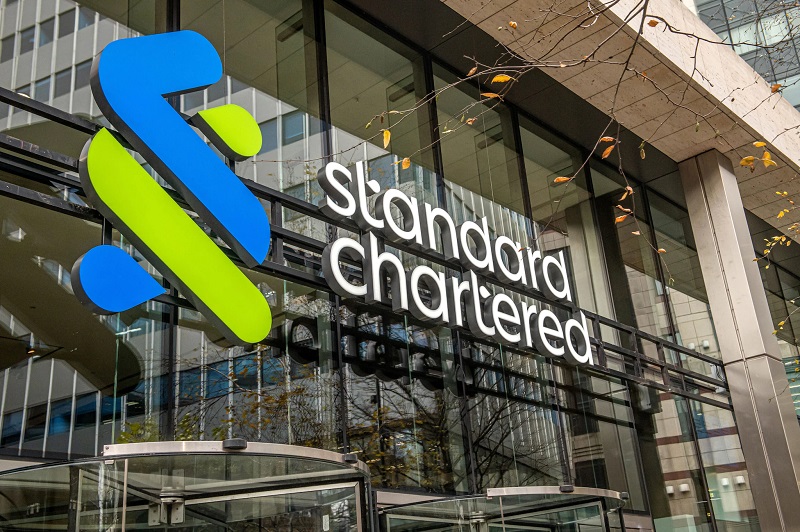In line with Standard Chartered’s vision to be the most sustainable and responsible bank in the world, the Bank today announced its partnership with Ghana’s Ministry of Environment, Science, Technology & Innovation (MESTI), and the UK-funded financial sector development agency FSD Africa as founding members of the African Natural Capital Alliance (ANCA).
The Alliance, in partnership with the United Nations Economic Commission for Africa (UNECA), will act as an African-led collaborative forum for mobilizing the financial community’s response to nature-related risks and opportunities across the continent. The ultimate aim of ANCA is to help grow and protect Africa’s natural capital by shifting financial flows from destructive activities for short-term gain to long-term stewardship of nature for sustainable economic growth.
Standard Chartered joins other leading financial institutions such as Access Bank, the Development Bank of Southern Africa (DBSA), Ecobank, Equity Bank, FirstRand, Investec, Sanlam and Zanaco, as founding members of the African-led collaborative forum.
Africa continues to be among the worst hit by the consequences of climate change, despite emitting the lowest levels of greenhouse gases that are driving its impacts. Standard Chartered is committed to shifting capital towards sustainable finance to areas where impact is needed most, with the Bank’s Opportunity 2030 study also showing an investment opportunity of $197 billion being present in funding Africa’s achievement of the United Nations’ Sustainable Development Goals.
Commenting on the partnership, Lina Osman, Regional Head, Sustainable Finance, West at Standard Chartered, said: “As a leading global financial institution, Standard Chartered has made a clear commitment to a sustainable future. Our strategy is guided by our vision to be the world’s most sustainable and responsible bank. However, a threat to realising this vision is the exponential destruction and deterioration of forests, arable land, coastlines, and other natural capital resources across the planet – and nowhere is this truer than in Africa.”
She added, “Africa is one of the world’s regions that is most dependent on nature to sustain its economies and societies. Yet, the continent is reaching a tipping point, and inaction to preserve and rehabilitate its natural capital will lead to rapid biodiversity collapse. Standard Chartered believes it has a responsibility to advocate for such a critical issue, and we are excited to join ANCA in supporting sustainable economic growth by acting as a catalyst for mobilising finance towards nature-positive outcomes.”
Mark Napier, CEO of FSD Africa, said: “The reliance of African nations on their rich natural capital is both a source of vulnerability and a competitive advantage. The case is clear for realigning investments to deliver a nature-positive future for Africa. To achieve this, we need financial institutions, companies, regulators, and policymakers working together. ANCA has a key role to play in creating the capacity and conditions for the financial sector to reflect the true value of nature and embrace long-term stewardship for sustainable growth.”
Having been operating in the region for over 150 years, Standard Chartered is committed to reaching net-zero carbon emissions from its operations by 2030, and from its financing by 2050, with a specific focus on helping provide 1bn people in Africa with clean energy. The Bank continues to work with key industries including energy to ensure that they effectively transition including catalyzing finance and partnerships up to $300 billion by 2030.
